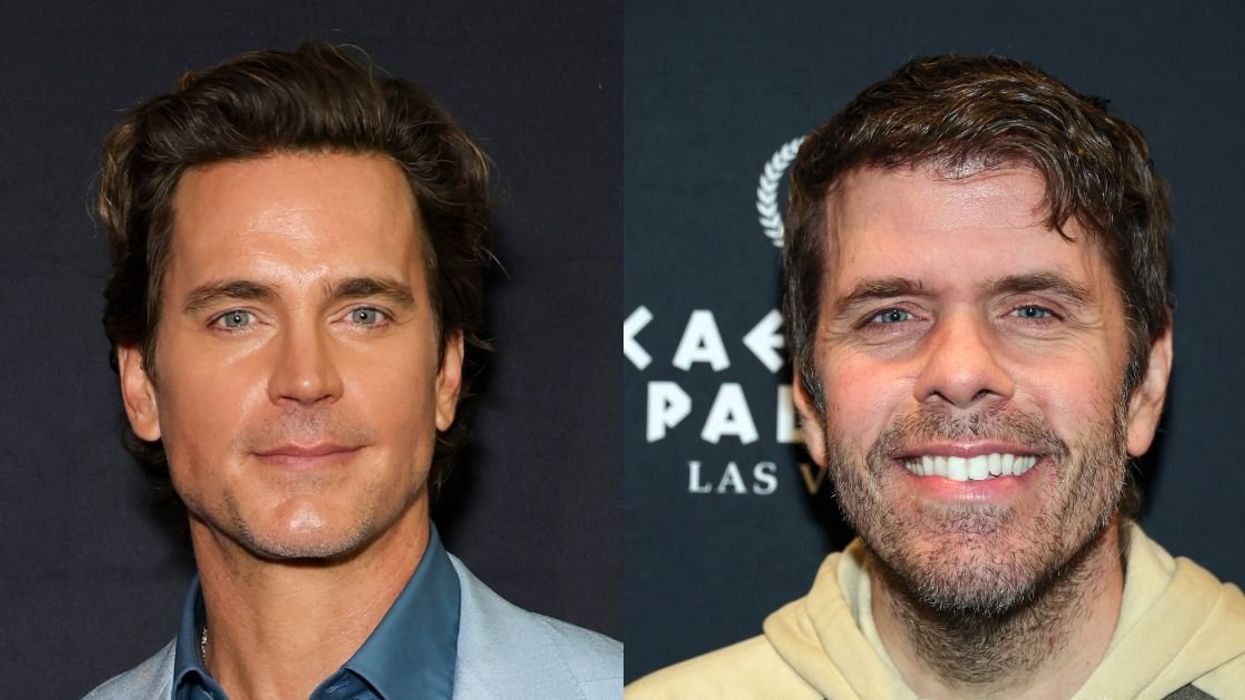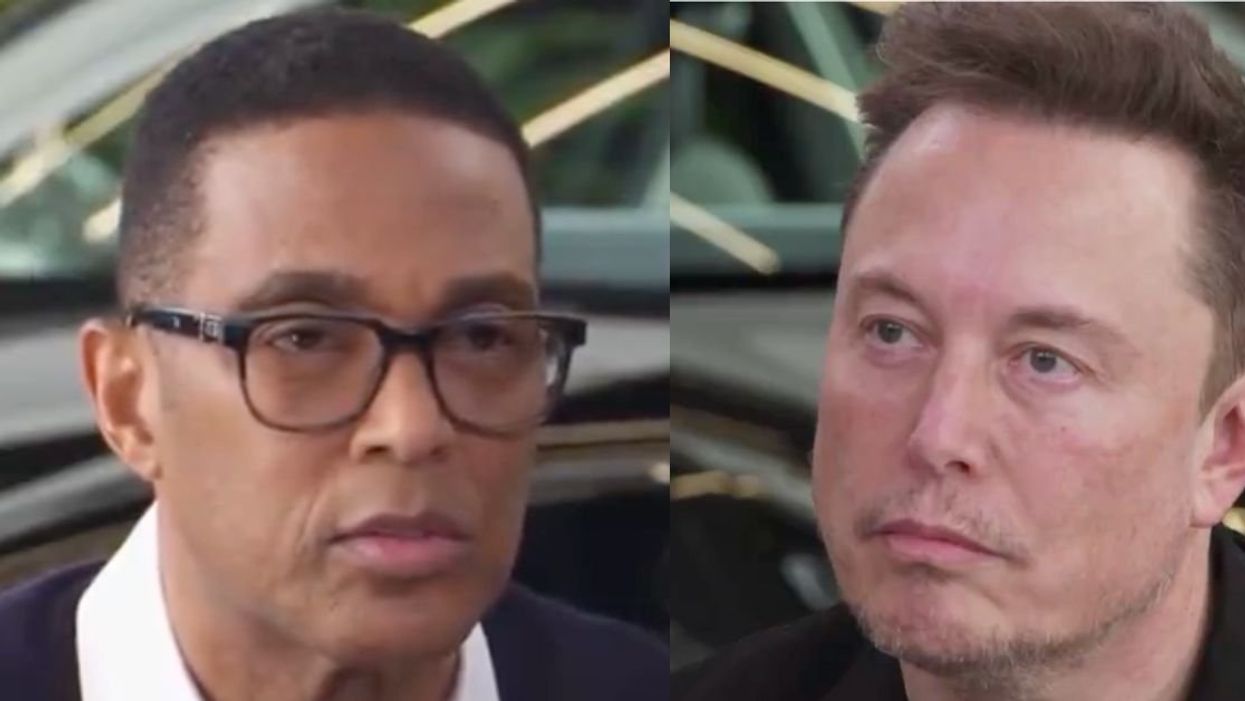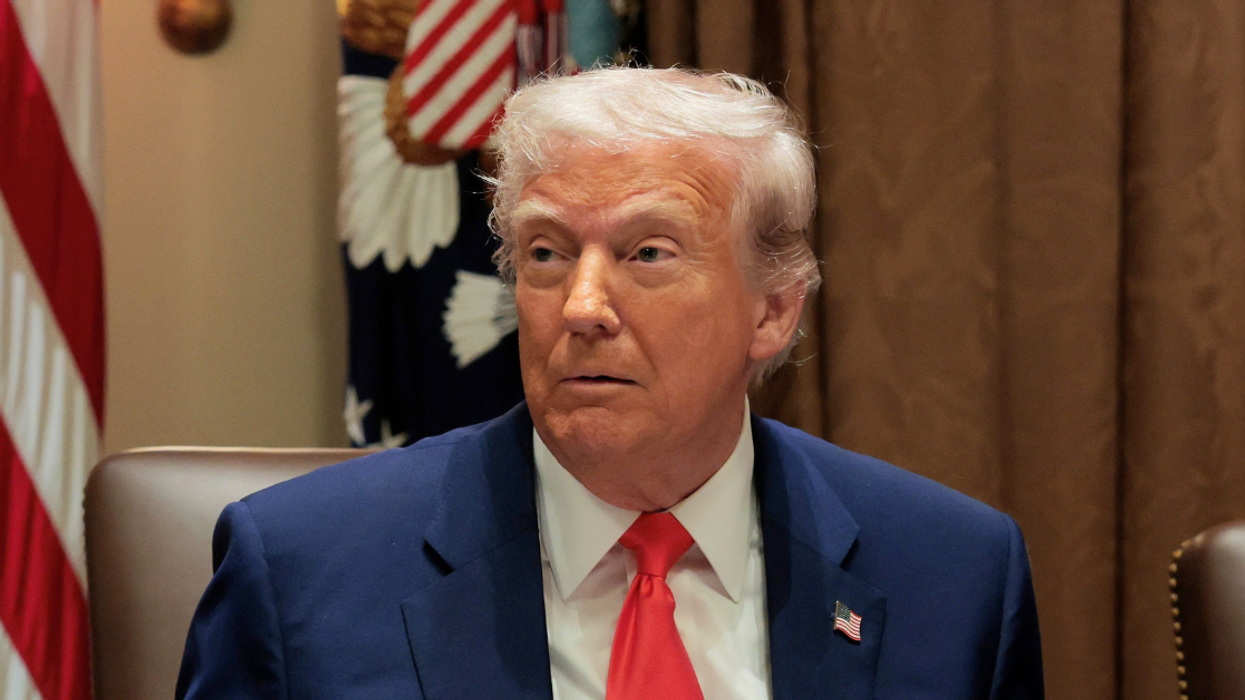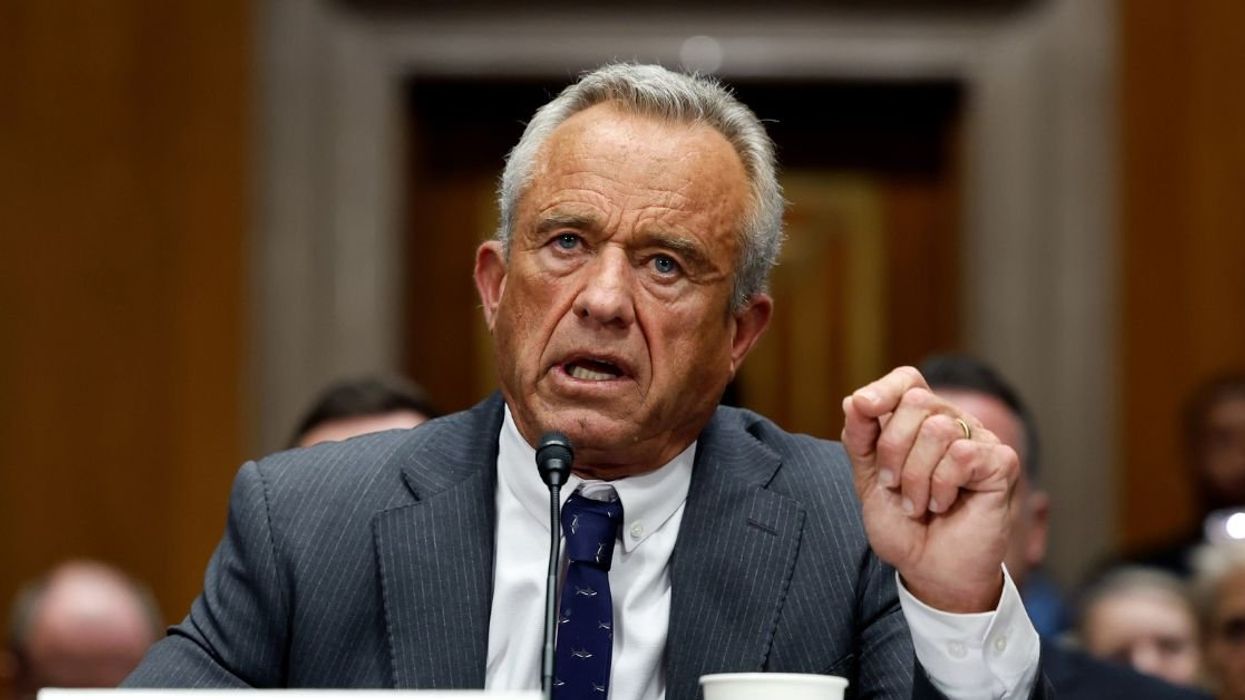Tonight, President Joe Biden will step to the podium to address the nation in his annual State of the Union address.
Unlike previous occasions, he won’t have Speaker Nancy Pelosi standing behind him, but rather Speaker Kevin McCarthy. And he won’t have a Democratic House backing his legislative agenda, but rather a Republican one seeking to thwart his priorities.
There’s an odd juxtaposition symbolized by Biden and McCarthy.
In recent polling, 62 percent of Americans said they don’t believe that Biden has accomplished much of anything in his first two years. But the actual data shows entirely the opposite: record job creation, generational investment in infrastructure, and inflation easing after pandemic-driven highs.
On the foreign front, the U.S. has countered Russian aggression in Ukraine with massive military support while expanding NATO in the North and reestablishing it as a united bloc. The American voter, and the media, are a tough crowd to win over, and our politics seems to draw energy these days from the daily division and conflict.
Republicans have played to that division, fielding far-right candidates in the 2022 midterms.
That extremism nearly cost them the majority in the House and did in fact cost them the Senate—as well as majorities in the state legislatures and governorships in key battleground states that normally would have gone their way in a midterm reversal of control.
But rather than temper the growing radicalism, Speaker McCarthy caved to it, granting the Freedom Caucus and its allies near veto power over legislation and the ability to remove him at will. When we look upon him tonight, standing behind the President, we will see a man who holds the title of Speaker but little of the power of, or respect granted to, his predecessor.
To counter this, McCarthy has come out swinging, hoping to lead his party to a political win on the question of the debt ceiling. In so doing, he has threatened to hold the economy hostage and blow it up in order to force big cuts in spending.
But this is not a negotiation, it is a ransom: “Negotiations involve mutual concessions, and the Republican position is one in which Democrats get nothing,” noted MSNBC columnist Steve Benen.
And the last time the parties agreed to negotiate with a gun to the head of the economy, it didn’t go well at all for then-president Obama. The party, hopefully, learned its lesson back then.
I wrote earlier about how the debt ceiling is a manufactured crisis that is best understood instead as a “deadbeat” ceiling—meaning when a party acts as a debtor refusing to pay for things already agreed upon and for costs already incurred.
That is what the Trump Organization has done regularly, but not what the U.S. government should ever do.
Democrats’ frustration at the deadbeat debtor threat was captured well by the condemnation of ranking House Budget Committee member Rep. Brendan Boyle (D-PA):
"Let’s be crystal clear: refusing to pay the bills is never fiscally responsible. Threatening to unleash economic catastrophe if you don’t get what you want is never fiscally responsible. Sacrificing millions of American jobs and undermining our economic strength abroad is never fiscally responsible."
Still, McCarthy, having zero leverage other than to hold that gun, currently refuses to allow for a debt ceiling raise that is “clean”—meaning without any other conditions like automatic spending cuts attached.
And on this he is quickly backing himself into a corner. In his speech last night, to try and make his case, McCarthy claimed the Democrats had taken the “nation’s credit card and spent like crazy.”
His words were highly duplicitous. “Thanks to four years of runaway spending by the Democrats, they increased annual discretionary spending by $400 billion,” McCarthy argued.
Four years? McCarthy is trying to pull a fast one on a public with a short memory span. As Rep. Don Beyer (D-VA) tweeted in quick response,
"Just to interject a few facts here:
- There was a Republican in the White House for half of the period McCarthy cites
- That Republican oversaw a massive expansion of the debt
- McCarthy voted for the bills that brought that about
- McCarthy voted for 3 clean debt limit increases"
Further, in the last two years under Biden, increases to taxes on the wealthy and corporations largely offset the cost of additional program spending, resulting in a decrease in the deficit.
McCarthy has met privately with Biden to seek to force cuts to spending, insisting that this kind of economic hostage taking is somehow good for the country. “Debt limit debates have been used for nearly every successful attempt to reform federal spending in living history,” he argued in his speech Monday night. “Why? Because the problem only gets solved when both parties come to the table.”
But any tactic that threatens the permanent good credit of the United States is by definition dysfunctional and dangerous.
And so far, for all his bluster, McCarthy has come away with the same answer, which is the correct one from the administration: Biden is happy to negotiate on spending cuts when they work on the budget later in the year, but not when Congress should do what Democrats are now calling its “constitutionally required” duty to avoid default, referring to Section 4 of the Fourteenth Amendment that requires that the validity of U.S. public debt and government obligations not be questioned.
The White House has stood firm, at least so far, on its position that the debt limit is not negotiable and U.S. lawmakers should not use it as a “bargaining chip,” according to Biden’s his top economic adviser Brian Deese.
Rhode Island Democratic Senator Sheldon Whitehouse argues forcefully this whole debt limit crisis is a charade to please a certain class of donors to the GOP.
He tweeted:
“Republicans don’t take debt seriously."
"They massively raised our debt to give huge tax breaks to their big corporate and billionaire donors.”
\u201cFirst, Republicans don\u2019t take debt seriously. They massively raised our debt to give huge tax breaks to their big corporate and billionaire donors.\u201d— Sheldon Whitehouse (@Sheldon Whitehouse) 1675437015
He accused the GOP of:
“...taking something valuable hostage in order to get in a back room and cut a secret deal…"
"We know that’s true because they won’t tell the American public what they want."
"But when they do, their plan will be obscured with gimmicks and jargon because it'll be so horrible they probably can’t get their own party to support the creepy billionaire anti-government agenda.”
\u201cThey are going the anti-democracy route of taking something valuable hostage in order to get in a back room and cut a secret deal for their billionaire and corporate funders. That just sucks.\u201d— Sheldon Whitehouse (@Sheldon Whitehouse) 1675437015
\u201cTake dark money out of politics \u2014 the dark money on which Republicans depend like a deep-sea diver on his air hose \u2014 and they don\u2019t pull this kind of anti-democratic gotta-do-it-in-secrecy trickery. They could trust the open American democratic process.\u201d— Sheldon Whitehouse (@Sheldon Whitehouse) 1675437015
Whitehouse is correct in that the Republicans haven’t come to the “negotiating” table with any close to consensus about what they would actually cut, when it’s clear that radicals within the party are gunning for cuts to what should be untouchable social safety nets and guarantees.
For his part, McCarthy said cuts to earned benefits such as social security and Medicare are “off the table” even while agreeing “defaulting on our debt is not an option.” He wants there to be “no blank checks” yet says there will be “no drawing lines in the sand”—even as he draws several of them.
But you can’t get to a balanced budget without either raising taxes, which they won’t do, or cutting popular bedrock programs or the defense budget, which they claim they won’t do either.
As Politico’s Sam Stein noted, these promises make it “tough to see how all this is compatible.”
\u201cMcCarthy has made a number of declarations on the debt ceiling. \n\n"Cuts to Medicare and Social Security are off the table,"\n\n"Defaulting on our debt is not an option."\n\n"no blank checks." \n\nand "no drawing lines in the sand." \n\ntough to see how these are all compatible\u201d— Sam Stein (@Sam Stein) 1675723367
So while the state of the Union may be getting stronger by the day, the state of Republican unity is highly questionable, and within that chaos McCarthy is quickly running short of options.
If he agrees to do the right thing for the country and raise the debt ceiling cleanly, he will face a revolt from the right wing of his party and lose his speakership. Yet if he holds firm on his threats, he will drive the nation over an economic cliff.
And as of yesterday, there are no moderate Republicans waiting in the wings to rescue everyone via a back-up plan with the Democrats. And over in the Senate, Minority Leader Mitch McConnell has made it clear this is the House’s drama to work out; he won’t be getting involved.
Will Biden hold firm on the debt ceiling?
And will McCarthy, through spite or incompetence, lead us to ruin as a result?
Stay tuned.







 @jordeeeeeeee/TikTok
@jordeeeeeeee/TikTok @jordeeeeeeee/TikTok
@jordeeeeeeee/TikTok @jordeeeeeeee/TikTok
@jordeeeeeeee/TikTok @jordeeeeeeee/TikTok
@jordeeeeeeee/TikTok @jordeeeeeeee/TikTok
@jordeeeeeeee/TikTok @jordeeeeeeee/TikTok
@jordeeeeeeee/TikTok @jordeeeeeeee/TikTok
@jordeeeeeeee/TikTok @jordeeeeeeee/TikTok
@jordeeeeeeee/TikTok @jordeeeeeeee/TikTok
@jordeeeeeeee/TikTok @jordeeeeeeee/TikTok
@jordeeeeeeee/TikTok







